Decision models to improve the overall efficiency of forests to mitigate global warming
DOI: 10.23977/erej.2023.070303 | Downloads: 13 | Views: 2302
Author(s)
Lingxiao Li 1, Qian He 1, Pan Tian 1, Chan Jin 1, Xinrun Lan 1
Affiliation(s)
1 School of Marine and Spatial Information, China University of Petroleum (UPC), 66 Changjiang West Road, Huangdao District, Qingdao City, China
Corresponding Author
Xinrun LanABSTRACT
The World Meteorological Organization (WMO) reported that global greenhouse gas concentrations reached a new high in 2020, accelerating the process of global warming. The worsening climate situation has led to frequent extreme weather in many parts of the world. This paper will find out how to mitigate global warming by maximizing the overall benefits of forests based on the optimal period of deforestation. According to the triple bottom line theory, we define the comprehensive benefits of forests as ecological benefits (carbon sequestration benefits and other benefits), social benefits, and economic benefits. Therefore, we first constructed three benefit models respectively, and obtained the linear relationship between the three benefits of five functional forests through grey relational analysis. Based on this, a decision-making model of forest management plan based on ESE was constructed, and the optimal deforestation period and the optimal comprehensive benefit of forest were deduced. In addition, we select China, the country with the largest carbon emission, for a specific case analysis to prove the effectiveness of the decision. Visualize the comprehensive benefit analysis of various regions in China, which is highly consistent with the facts and effective in decision-making. And even if the optimal forest management plan is delayed for 10 years and enters the felling period, its comprehensive benefit in the T+10 year is higher than that of the current forest management plan that has entered the cutting period for 10 years.
KEYWORDS
Forest carbon sink, Warming of the climate, The overall efficiency of forestsCITE THIS PAPER
Lingxiao Li, Qian He, Pan Tian, Chan Jin, Xinrun Lan, Decision models to improve the overall efficiency of forests to mitigate global warming. Environment, Resource and Ecology Journal (2023) Vol. 7: 21-25. DOI: http://dx.doi.org/10.23977/erej.2023.070303.
REFERENCES
[1] Bennett, J. and D. Mitchell.Emissions trading and the transfer of risk: Concerns for farmers(verified 21Dec. 2005). Saskatchewan Soil Conservation Assoc. Indian Head, SK, Canada.
[2] Rodseth. K. L. Capturing the least costly way of reducing pollution: a shadow price approach[J]. Ecology Economics, 2013(92):16–24.
[3] Estes, J. A., Terborgh, J., Brashares, J. S., Power, M. E., Berger, J., Bond, W. J., Marquis, R. J. (2011). Trophic downgrading of planet Earth Science, 333(6040), 301-306.
[4] Gewert, B., Plassmann, M. M., MacLeod, M. (2015). Pathways for degradation of plastic polymers flfloating in the marine environment. Environmental Science: Processes Impacts, 17(9), 1513-1521.
[5] Rajpar, M. N., Ozdemir, I., Zakaria, M., Sheryar, S., Rab, A. (2018). Seabirds as Bioindicators of Marine Ecosystems. Seabirds, 47-65.
[6] Clarke, A., Harris, C. M. (2003). Polar marine ecosystems: major threats and future change. Environmental Conservation, 30(1), 1-25.
[7] John M. Hartwick, Nancy D.Olewier. The Economics of Natural Resource Use, Addison-Wesley Longman, 1998.
[8] Klepper, Peterson. Marginal abatement cost curves in general equilibrium: the influence of world energy prices [J]. Resource and Energy Economics, 2006, 28:1–23.
[9] Pereia AM, Pereia RMM. Is Fuel-switching a no Regrets Environmental Policy VAREvidence on Carbon Dioxide Emissions, Energy Consumption and Economic Performance inPortugal [J]. Energy Economics, 2010 (32):227-242.
[10] Convery, F., McDonnell, S., & Ferreira, S. (2007). The most popular tax in Europe Lessons from the Irish plastic bags levy. Environmental and resource economics, 38(1), 1-11.
| Downloads: | 6155 |
|---|---|
| Visits: | 497564 |
Sponsors, Associates, and Links
-
International Journal of Geological Resources and Geological Engineering
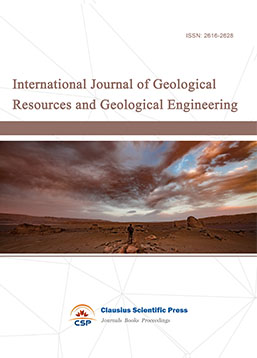
-
Big Geospatial Data and Data Science
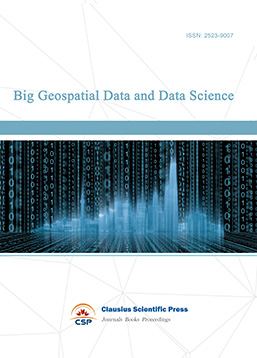
-
Solid Earth and Space Physics
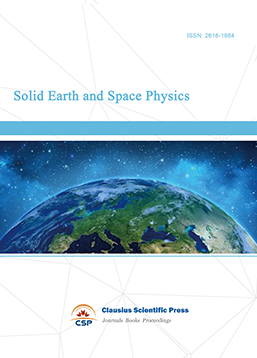
-
Environment and Climate Protection
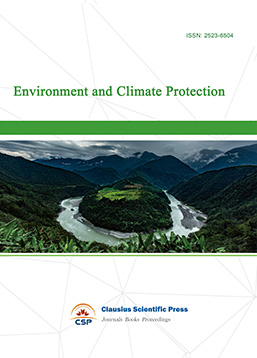
-
Journal of Cartography and Geographic Information Systems
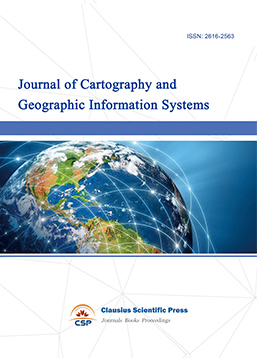
-
Offshore and Polar Engineering
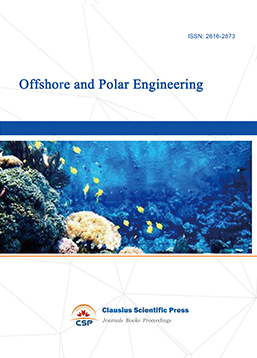
-
Physical and Human Geography
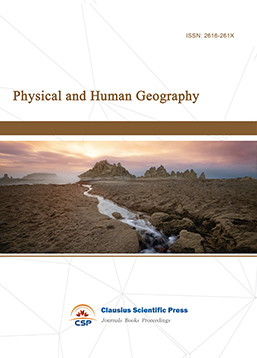
-
Journal of Atmospheric Physics and Atmospheric Environment
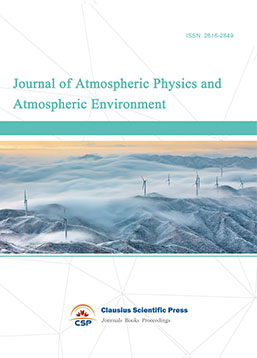
-
Trends in Meteorology
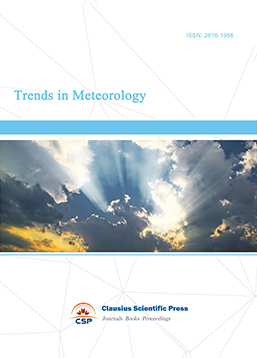
-
Journal of Coastal Engineering Research
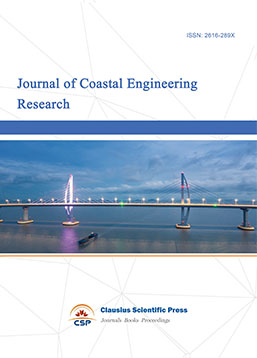
-
Focus on Plant Protection
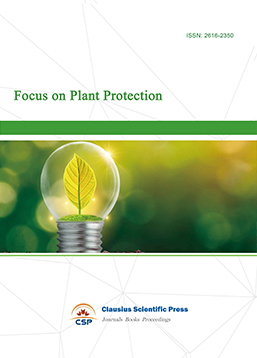
-
Toxicology and Health of Environment
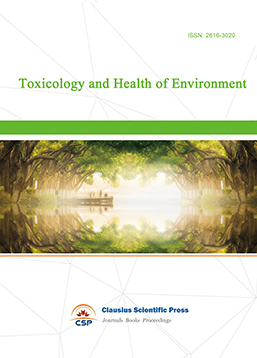
-
Geoscience and Remote Sensing
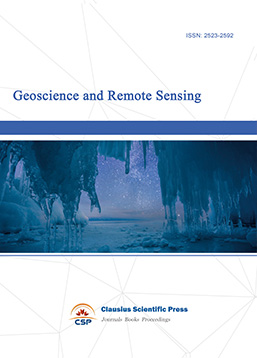
-
Advances in Physical Oceanography
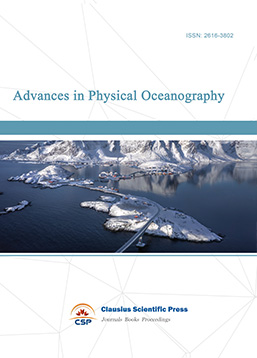
-
Biology, Chemistry, and Geology in Marine
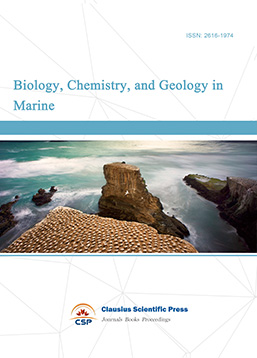
-
Water-Soil, Biological Environment and Energy
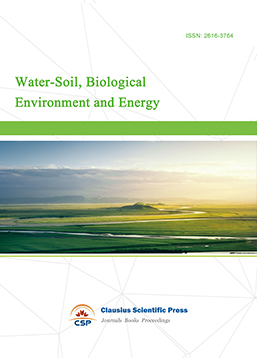
-
Geodesy and Geophysics
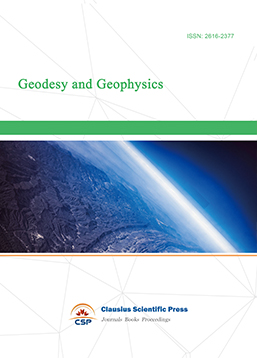
-
Journal of Structural and Quaternary Geology
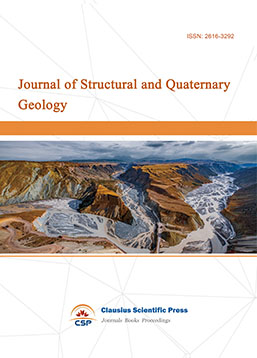
-
Journal of Sedimentary Geology
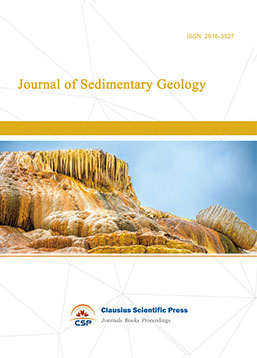
-
International Journal of Polar Social Research and Review
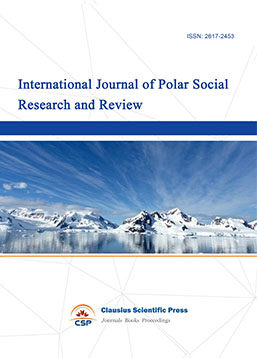

 Download as PDF
Download as PDF